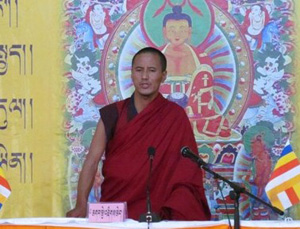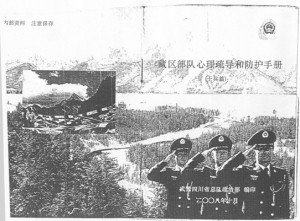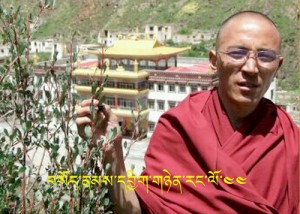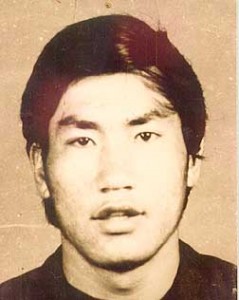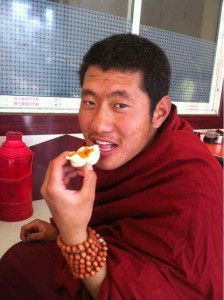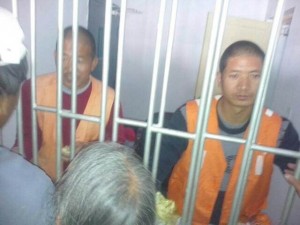
The relentless crackdown on self-immolation protests in Tibet continued when Chinese authorities sentenced two Tibetan monks to three years in prison for holding religious rituals and prayer services for a Tibetan man who died of self-immolation protest in November last year in Kangtsa Township in Yadzi (Ch: Xunhua) Salar Autonomous County in Tsoshar (Ch: Haidong) Prefecture, Qinghai Province. The Chinese authorities deemed this exercise of the monks’ fundamental rights criminal pursuant to a 2012 guideline on handling self-immolations.
Wangchen Norbu, 25, died during a self-immolation protest on 19 November last year. As he burned, Wangchen Norbu called for an end to Chinese repression and demanded the return of His Holiness the Dalai Lama to Tibet, freedom in Tibet, and the release of the 11th Panchen Lama, and all the Tibetan political prisoners.



